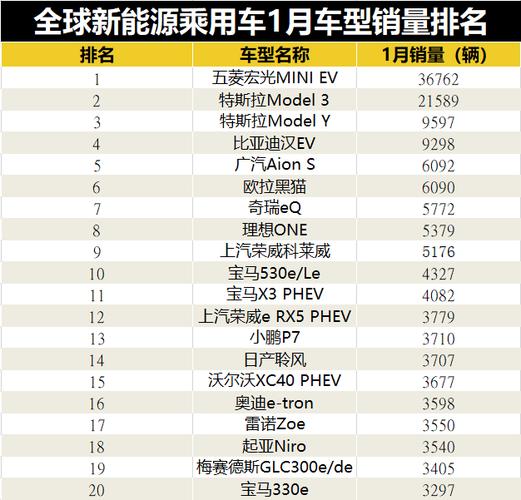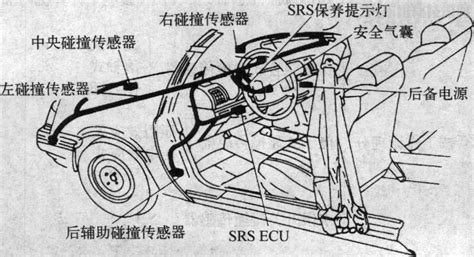伊兰特二手车视频
Title: The Impact of Artificial Intelligence on Various Industries
Artificial Intelligence (AI) has become a transformative force across numerous industries, revolutionizing processes, enhancing efficiency, and driving innovation. Let's explore its impact on some key sectors:
Healthcare:
In healthcare, AI applications range from diagnostics to personalized treatment plans. Machine learning algorithms can analyze vast datasets to identify patterns in patient data, aiding in early disease detection and treatment optimization. AIpowered robots assist in surgeries, reducing human error and improving precision. Telemedicine platforms leverage AI to provide remote consultations, increasing accessibility to healthcare services.
Guidance:
Healthcare providers should invest in AIdriven tools to enhance diagnostic accuracy, optimize resource allocation, and improve patient outcomes. Additionally, prioritizing data privacy and security measures is crucial to maintain patient trust and comply with regulations.Finance:
AI has transformed the finance industry by automating tasks, detecting fraud, and predicting market trends. Algorithmic trading systems execute transactions at lightning speed, leveraging AI to analyze market data and identify profitable opportunities. AIpowered chatbots offer personalized customer service, resolving queries efficiently and enhancing user experience. Moreover, AI algorithms assess credit risks, enabling lenders to make informed decisions and mitigate default rates.
Guidance:
Financial institutions should integrate AI solutions to streamline operations, enhance customer engagement, and mitigate risks. However, they must ensure transparency and accountability in AIdriven decisionmaking processes to maintain regulatory compliance and build customer trust.Manufacturing:

In manufacturing, AIdriven automation improves production efficiency, reduces downtime, and enhances product quality. Predictive maintenance algorithms analyze equipment sensor data to anticipate failures before they occur, minimizing disruptions and optimizing maintenance schedules. AIpowered robots collaborate with human workers on assembly lines, increasing productivity and ensuring worker safety. Furthermore, AIdriven demand forecasting models optimize inventory management, reducing stockouts and excess inventory costs.
Guidance:
Manufacturers should embrace AI technologies to streamline production processes, enhance product quality, and respond effectively to dynamic market demands. Investing in workforce training programs to equip employees with AI skills is essential to maximize the benefits of automation and foster innovation.Retail:
AI has revolutionized the retail industry by personalizing customer experiences, optimizing pricing strategies, and streamlining supply chain operations. Recommendation algorithms analyze customer preferences and purchasing behaviors to offer personalized product recommendations, increasing sales and customer satisfaction. AIpowered chatbots assist customers with inquiries, providing realtime support and enhancing engagement. Additionally, AIdriven analytics tools enable retailers to forecast demand accurately, optimize inventory levels, and minimize supply chain disruptions.
Guidance:
Retailers should leverage AI technologies to enhance customer engagement, optimize pricing strategies, and streamline operations across the supply chain. Embracing omnichannel retailing and investing in AIdriven analytics tools are key strategies to adapt to evolving consumer preferences and remain competitive in the digital age.In conclusion, AI is reshaping various industries, driving innovation, and unlocking new opportunities for growth and efficiency. Embracing AI technologies and fostering a culture of continuous learning and adaptation are essential for organizations to thrive in the era of digital transformation.











